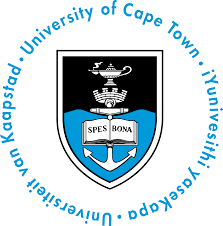It is a common practice among high school graduates to aim for university degrees over college qualifications. The prestige attached to being a university student is undeniable. However, TVET colleges like Oxbridge Academy have an ace up their sleeve: they teach you the theory and skills that will enable you to enter the job market with the sought-after experience potential employers look for.
What is a TVET college?
Technical and Vocational Education and Training courses (TVET) are occupational by nature. In other words, the student receives education and training focusing on a specific range of trades. Attending a TVET college has many advantages, including a strong emphasis on students’ employability.
Part of the curriculum requires the students to complete experiential training (“learning by doing”), which helps build up experience on your CV. This enables students to connect theories and methodologies learned in the classroom to real-world situations.
Join the workforce quickly
TVET colleges set up opportunities for students to gain practical work experience with companies that operate in their fields of study. In the process, students can develop practical skills as they train with potential employers. Prospective employers know that these applicants have completed specialised training, have worked in the field, and are prepared to start in the new role immediately with minimum on-the-job instruction.
Cost-efficiency
Courses at these vocational colleges are generally more affordable when compared to those at universities. A TVET qualification is also comparatively quicker to obtain. This shorter period means TVET courses are more affordable. Vocational courses can be completed in two years or less, whereas university degrees can generally take up to 3 years.
A 12-month TVET qualification can cost between R3 800 and R35 700, while a 3-year university degree can cost upwards of R40 000.
Study duration
TVET college students complete their studies faster when compared to other education programs as the learning focuses specifically on their career choice. These students do not have other electives or optional courses they must complete, as found in university degree programmes.
Thus, students move more quickly from paying for their training to making money in their chosen careers.





